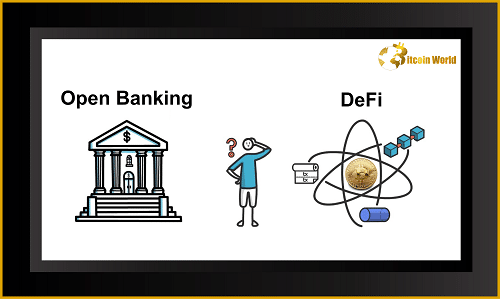In an open banking system, secure API access to financial data is provided to outside financial service providers. This makes it possible for banks and non-bank financial institutions to network accounts and data. Essentially, it opens up the conventional financial system to new goods and services.
DeFi, on the other hand, suggests a completely new financial system that is not dependent on the existing framework. DeFi is also referred to as open finance on occasion.
By safely obtaining information from various banks and institutions, open banking, for instance, would make it possible to handle all conventional financial instruments in a single application.
On the other hand, decentralized finance might enable the management of completely new financial instruments and new approaches of engaging with them.
Closing Thoughts
Thee goal of decentralized finance is to create financial services that are independent of the established political and financial structures. A more open financial system would be possible as a result, and censorship, financial monitoring, and prejudice may all be avoided as a result.
While appealing, decentralization does not always have advantages. Building a valuable stack of open financial products depends on identifying use cases that best fit the properties of blockchains.
If it is successful, DeFi might transfer control from huge, centralized corporations to the individual and the open-source community. Once DeFi is prepared for widespread use, it will be determined whether that will result in a more effective financial system.
Disclaimer: The information provided is not trading advice, Bitcoinworld.co.in holds no liability for any investments made based on the information provided on this page. We strongly recommend independent research and/or consultation with a qualified professional before making any investment decisions.



